Filter by
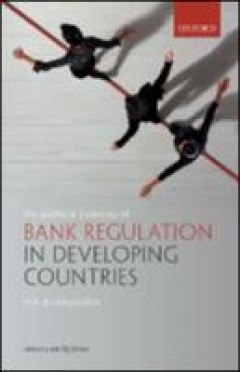
The political economy of bank regulation in developing countries : risk and r…
Why do governments in some developing countries implement international standards, while others do not? Focusing on the politics of bank regulation, this book develops a new framework to explain regulatory interdependence between countries in the core and the periphery of the global financial system. Drawing on in-depth analysis of eleven countries across Africa, Asia, and Latin America, it sho…
- Edition
- Ed. 1
- ISBN/ISSN
- 9780198841999
- Collation
- xvii, 386 p. : ill.
- Series Title
- -
- Call Number
- 332.1091724 JON t
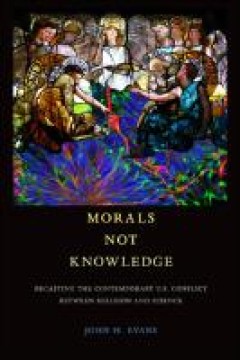
Morals not knowledge : recasting the contemporary U.S. conflict between relig…
In a time when conservative politicians challenge the irrefutability of scientific findings such as climate change, it is more important than ever to understand the conflict at the heart of the “religion vs. science” debates unfolding in the public sphere. In this groundbreaking work, John H. Evans reveals that, with a few limited exceptions, even the most conservative religious Americans a…
- Edition
- -
- ISBN/ISSN
- 9780520969780
- Collation
- vii, 240 p. : ill.
- Series Title
- -
- Call Number
- 645101.0 EVA m
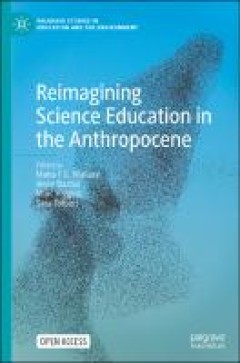
Reimagining science education in the anthropocene
This open access edited volume invites transdisciplinary scholars to re-vision science education in the era of the Anthropocene. The collection assembles the works of educators from many walks of life and areas of practice together to help reorient science education toward the problems and peculiarities associated with the geologic times many call the Anthropocene. It has become evident that sc…
- Edition
- -
- ISBN/ISSN
- 9783030796228
- Collation
- xx, 375 p. : ill.
- Series Title
- Palgrave Studies in Education and the Environment
- Call Number
- 507.1 HIG r
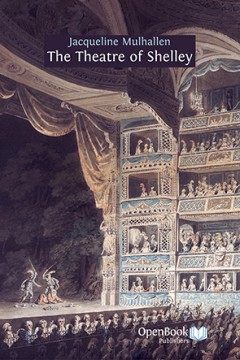
The theatre of Shelley
This is the first full-length study of Shelley’s plays in performance. It offers a rich, meticulously researched history of Shelley’s role as a playwright and dramatist and a reassessment of his "closet dramas" as performable pieces of theatre. With chapters on each of Shelley’s dramatic works, the book provides a thorough discussion of the poet’s stagecraft, and analyses performanc…
- Edition
- -
- ISBN/ISSN
- 9781906924324
- Collation
- xiv, 289 p. : ill. : ind. ; 24 cm
- Series Title
- -
- Call Number
- 822.709 MUL t
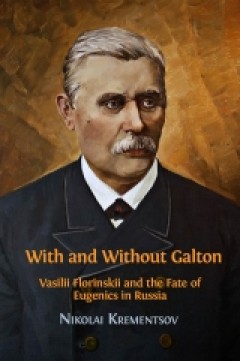
With and without Galton: Vasilii Florinskii and the fate of eugenics in Russia
In 1865, British polymath Francis Galton published his initial thoughts about the scientific field that would become ‘eugenics.’ The same year, Russian physician Vasilii Florinskii addressed similar issues in a sizeable treatise, entitled Human Perfection and Degeneration. Initially unheralded, Florinskii’s book would go on to have a remarkable afterlife in twentieth- and twenty-first-cen…
- Edition
- -
- ISBN/ISSN
- 9781783745135
- Collation
- xxv, 666 p. : ill. : ind. ; 24 cm
- Series Title
- -
- Call Number
- 363.92 KRE w
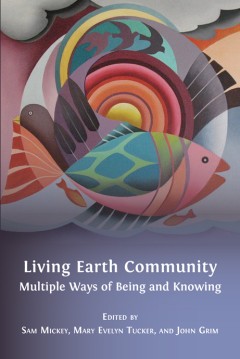
Living earth community: multiple ways of being and knowing
Living Earth Community: Multiple Ways of Being and Knowing is a celebration of the diversity of ways in which humans can relate to the world around them, and an invitation to its readers to partake in planetary coexistence. Innovative, informative, and highly accessible, this interdisciplinary anthology of essays brings together scholars, writers and educators across the sciences and humanities…
- Edition
- -
- ISBN/ISSN
- 9781783748051
- Collation
- xxxviii, 243 p. : ill. : ind. ; 24 cm
- Series Title
- -
- Call Number
- 304.2 LIV l
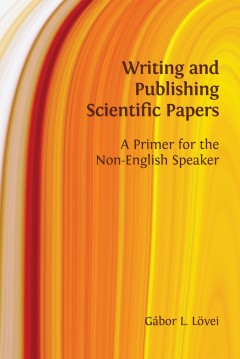
Writing and publishing scientific papers : a primer for the non-English speaker
Gábor Lövei’s scientific communication course for students and scientists explores the intricacies involved in publishing primary scientific papers, and has been taught in more than twenty countries. Writing and Publishing Scientific Papers is the distillation of Lövei’s lecture notes and experience gathered over two decades; it is the coursebook many have been waiting for. The book�…
- Edition
- -
- ISBN/ISSN
- 9781800640917
- Collation
- xi, 198 p. ; ill
- Series Title
- -
- Call Number
- 808.1 LOV w
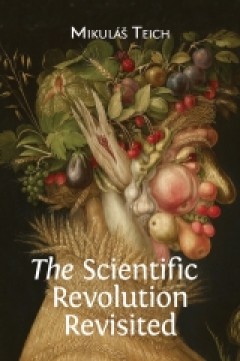
The Scientific Revolution Revisited
The Scientific Revolution Revisited brings Mikuláš Teich back to the great movement of thought and action that transformed European science and society in the seventeenth century. Drawing on a lifetime of scholarly experience in six penetrating chapters, Teich examines the ways of investigating and understanding nature that matured during the late Middle Ages and the Renaissance, charting the…
- Edition
- -
- ISBN/ISSN
- 9781783741243
- Collation
- ix, 146 p. : ill.
- Series Title
- -
- Call Number
- 509.409031 TEI t
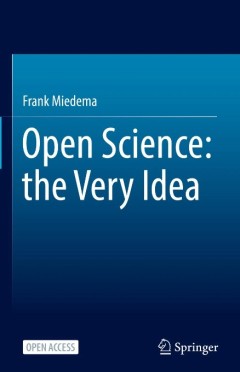
Open science : the very idea
This open access book provides a broad context for the understanding of current problems of science and of the different movements aiming to improve the societal impact of science and research. The author offers insights with regard to ideas, old and new, about science, and their historical origins in philosophy and sociology of science, which is of interest to a broad readership. The book …
- Edition
- -
- ISBN/ISSN
- 9789402421156
- Collation
- xxiii, 247p. : ill.
- Series Title
- -
- Call Number
- 501 MIE o
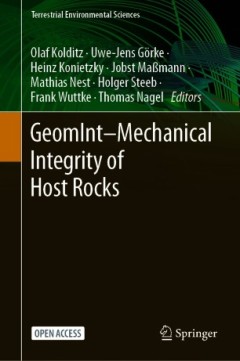
GeomInt-mechanical integrity of host rocks
This open access book summarizes the results of the collaborative project “GeomInt: Geomechanical integrity of host and barrier rocks - experiment, modeling and analysis of discontinuities” within the Program: Geo Research for Sustainability (GEO: N) of the Federal Ministry of Education and Research (BMBF). The use of geosystems as a source of resources, a storage space, for installing unde…
- Edition
- -
- ISBN/ISSN
- 9783030619091
- Collation
- xvi, 277p. : ill.
- Series Title
- -
- Call Number
- 624.151 GEO g
 Computer Science, Information & General Works
Computer Science, Information & General Works  Philosophy & Psychology
Philosophy & Psychology  Religion
Religion  Social Sciences
Social Sciences  Language
Language  Pure Science
Pure Science  Applied Sciences
Applied Sciences  Art & Recreation
Art & Recreation  Literature
Literature  History & Geography
History & Geography